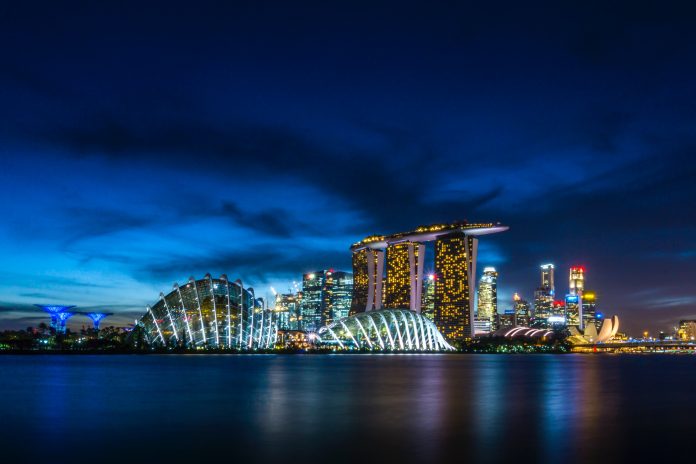Singapore has executed a 37-year-old man for trafficking 1.5 kilograms of cannabis.
The man, who has not been named at a request from his family, was imprisoned in 2019.
A last ditch effort was made to reopen his case. DNA evidence and fingerprints suggested that he was related to a much smaller amount of cannabis than he was accused of, but the court rejected the appeal.
Singapore is known for their strict drug laws. Trafficking more than 500 grams of cannabis can lead to the death penalty.
Over the last year, Singapore has executed 11 people for drug related offences.
The execution is the second drug cannabis related death penalty in three weeks after Tangaraju Suppiah was hanged for trafficking 1 kilogram.
Richard Branson and the United Nations have been vocal critics of Singapore’s actions.
Singapore’s Ministry of Home Affairs argued against Richard Brans stating that the strict penalties are “an essential component of Singapore’s criminal justice system and has been effective in keeping Singapore safe and secure”.
South-east Asian countries are taking varying approaches to their drug laws. Indonesia is another nation with strict laws and executed 112 people by firing squad due to drug related offences.
However, just last year they did investigate legalising cannabis for medicinal purposes but ultimately decided against it.
Thailand has recently legalised cannabis and Malaysia has removed the mandatory death penalty for serious crimes related to drugs.
There was outrage last year as the Singaporean Olympic swimmer, Joseph Schooling, was found to have consumed cannabis while in Vietnam.
It is also possible for the nation to prosecute citizens who take drugs abroad.
Urine tests can be administered to citizens on re-entering the country and those who fail can face a 10-year prison sentence as well as a £12,300 fine.
Worldwide, the drug policy Harm Reduction International found that there were at least 285 executions for drug related incidents. This was more than double the number of the previous year.


